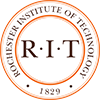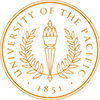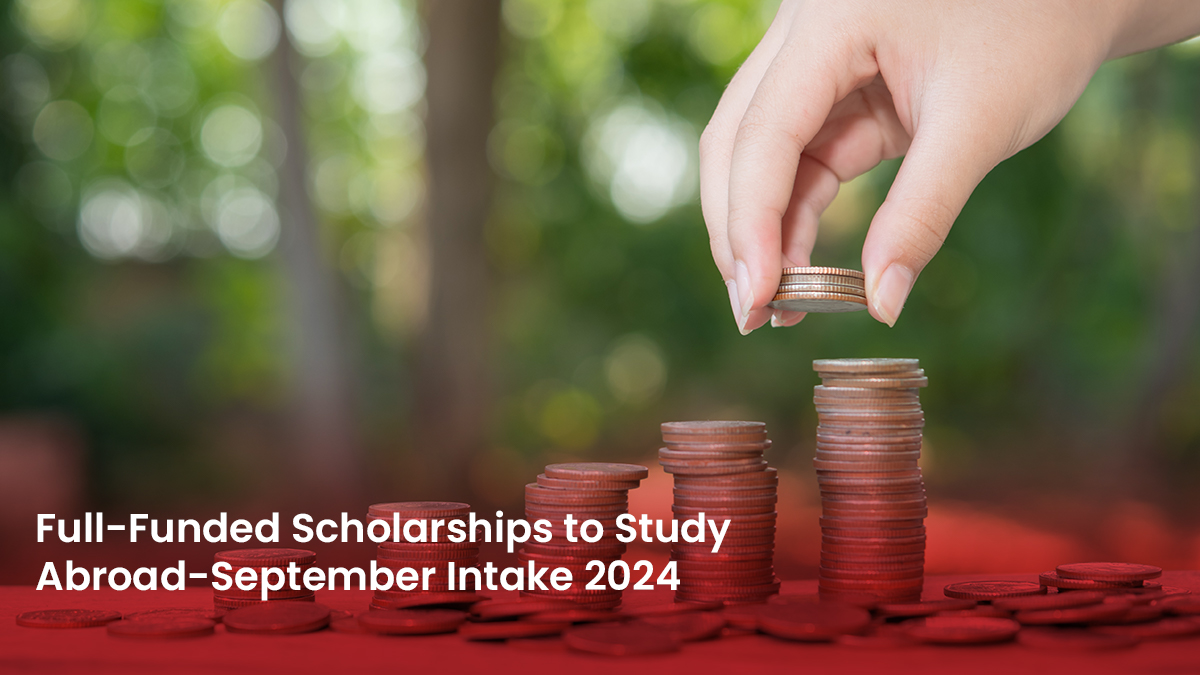In writing essays or research reports, plagiarism is the greatest sin one can commit. Many international students are unaware of the severity of the consequences it entails. Those who plagiarize content are often penalized, or worse, expelled from the university.
Plagiarism is often considered an act of academic misconduct. However, not all acts of plagiarism are intentional. Most students unknowingly plagiarized content due to certain barriers.
Regardless, plagiarism is inexcusable misconduct. As an international student, you must do everything you can to avoid it.
Here are some ways you can avoid plagiarizing content while studying overseas:
Determine What Counts As Plagiarism in Your University
Universities have varying mechanics to determine plagiarism. Some universities detect plagiarism based on the lack of attribution. Others consider content plagiarized when you make a statement and pass it as your own.
Plagiarism has various forms which can be confusing especially to first-year foreign students. Remember to research the specifics of plagiarism in your university. You can find these mechanics on their website or in your student handbook.
Keep a Coherent and Consistent List of Reference
In some cases, plagiarism happens when you forget who to cite for a certain finding or argument. Without proper attribution, your professor may assume that you’re claiming authorship over another’s word. And this is where things get complicated.
While writing your essay or research, keep a reference list. If you’re using paper, use color tabs or highlighters to flag each reference. If you’re using your laptop, use software that allows bookmarking options. You can also use the highlight and add a comment option to keep track of your references.
Learn How To Quote and Paraphrase
In academic writing, adding supporting and contrasting evidence is vital. The best way to do this is to quote the author/s of a published work.
Quotation means copying every single word of a passage of text. These quotes are enclosed in quotation marks, with correct attribution to the author.
Determine the right attribution mechanics that your university follows. This will help you avoid passing unintentionally plagiarized written works.
Paraphrasing also takes various forms. In general, it’s understanding the thoughts of an author, then explaining their idea/s in your own words. With that in mind, paraphrasing isn’t rewriting a sentence or rearranging its presentation. At its core, it’s interpreting an idea, summarizing it, and presenting it in your voice.
Use Plagiarism Checkers
Another way to avoid plagiarism is to create a toolbox of plagiarism checkers. There are many free plagiarism checkers online, but they have varying accesses and features. Instead of sticking to one, try out different services and consolidate the results.
Some universities also recommend plagiarism checkers to their students. One of the most popular checkers is Turnitin. Most universities use this tool to match references in their internal records.
On your own, you can use a checker before submitting your assignments. Don’t forget to keep note of things you must improve to get better results in the future.
Plagiarism is a serious violation in most universities. Make sure to follow more tips on how to uphold academic integrity while studying abroad. You can find plenty more of those here at MSM Unify.















































